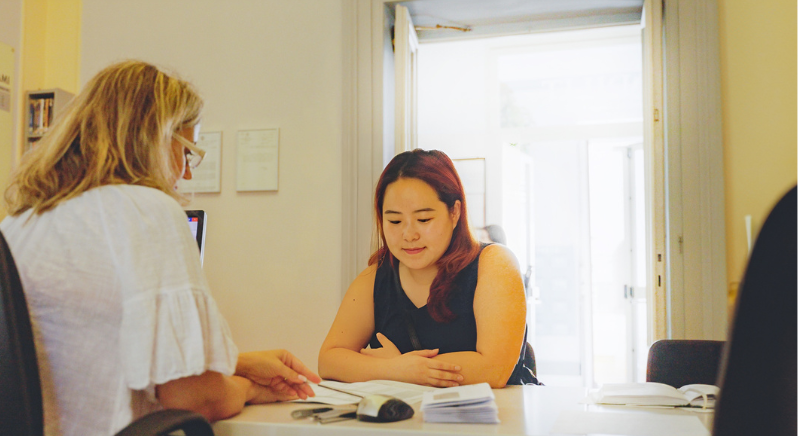If you are moving to France and plan to bring prescription medication, there are a few rules you need to be aware of.
Read on to learn how to bring medication to France without issues at customs.
What are the regulations for bringing medication to France?
France has strict regulations regarding the importation of medications. If you plan to bring medication to France, be sure to familiarize yourself with these rules.
You are usually allowed to bring medication to France if it is for personal use only. This means it should match the length of treatment on your prescription or cover a maximum of 3 months if no prescription is provided.
Be aware that some medications allowed in your country may be restricted or banned in France. Always check with customs before you travel.

Which medications can I bring to France?
You can bring most prescription medications into France for personal use.
If the quantity needs to exceed 3 months because of the length of treatment, ensure you have a valid prescription or a medical certificate written in French or English that includes:
- Your full name and birthdate
- Detailed information on the medication: name, dosage, and duration of treatment
- Signature of your doctor
Are some medications prohibited in France?
Yes, certain substances are prohibited or require special permission.
As a general rule, narcotics or psychotropics are illegal, but if taken as medicine, they are tightly controlled. For example, amphetamines, cannabis, methadone, or morphine are typically prohibited, but some people may need these products as medical treatment.
In that case, controls are strict. You must present a medical certificate, and you may also need authorization from the French National Agency for the Safety of Medicines and Health Products (ANSM).
How should I prepare to bring medication to France?
Complying with customs regulations is important, but so is how you pack your medication.
Documents:
Before departure, gather all necessary documentation, including prescriptions, medical certificates, and any required authorizations. Keep them with you in your carry-on luggage or purse so you can provide them immediately if requested.
If your documents are not in French or English, prepare a professional and certified translation. Avoid translating prescriptions yourself.
Packing medication:
Carry medications in their original packaging and place them in a transparent pouch. Check with your airline for any specific rules regarding medication transport. For example, Air France limits the total weight of toiletries and medication to 2 kg or 2 L per person. If instructions were not provided when you booked your tickets, contact customer service directly.
I have a question about my situation
If you need to bring medication to France but are unsure whether your specific medication is allowed, always check with customs before you travel.
How to contact French customs?
- Phone call: +33 1 72 40 78 50
- Callback: https://www.douane.gouv.fr/web-callback/en
- Email: https://www.douane.gouv.fr/formulaire-infos-douane-service/en
If you’d like to learn more about student life in France, check out our blog for more on French life, language, and culture.




